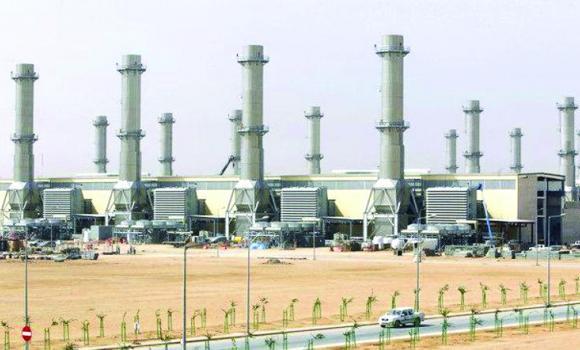
Riyadh Metro, Haramain Rail to get power from SEC
The Saudi Electricity Co. (SEC) will provide 700 megawatts of electricity for the Riyadh Metro and Haramain Railway projects, according to SEC Chief Executive Officer Ziad bin Mohammed Al-Shiha.
Speaking to a local publication, Al-Shiha said the project plans would be based on growth in demand by Riyadh Metro, Haramain Railway and those other projects in the Kingdom that are in need of electricity.
“The growth in demand for electricity in 2015 increased by 10 percent to more than 6,000 megawatts, with Makkah seeing a growth of about 20 percent, Madinah about 15 percent, and the Northern Region about 14 percent,” he said.
Growth in the Kingdom is significant, he said, explaining that new projects cost between SR40 billion and SR60 billion annually.
The company has projects worth approximately SR80 billion under construction, and projects being awarded worth another SR80 billion, including projects for 2016. All these projects will contribute to the Kingdom’s growth, including the Riyadh Metro, which will consume 400 megawatts, and the Haramain Railway project consuming 300 megawatts.
Al-Shiha said there were 500,000 new subscribers. According to him, the subscribers are constantly told about rationing consumption. Construction requirements mandate three visits to a building during construction to ensure walls are insulated, surfaces are isolated, and window requirements are met.
He said there were major challenges, especially during large projects.
The challenges come from contractors, labor or construction. Nonetheless, more than 85 percent of projects are completed on schedule, he said.
As for the increase in electricity consumption charges, he said the increase took place in January during a relatively cool period, and that the difference cannot be properly assessed until summer.
As for participation of the private sector in the company’s endeavors, Al-Shiha said the private sector was a partner, noting that the call centers are managed by the private sector with approximately 140 female employees.
These centers and employees, he said, ranked first and second in the Arab world for service delivery.


























